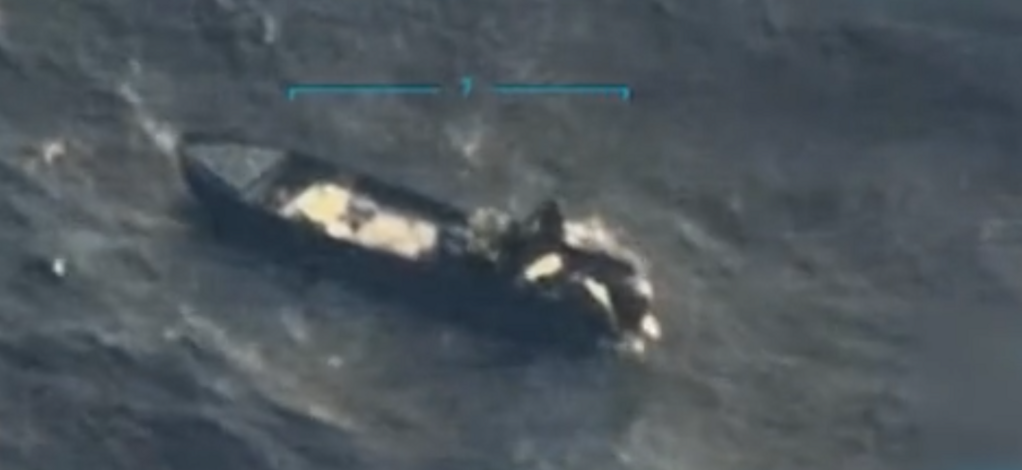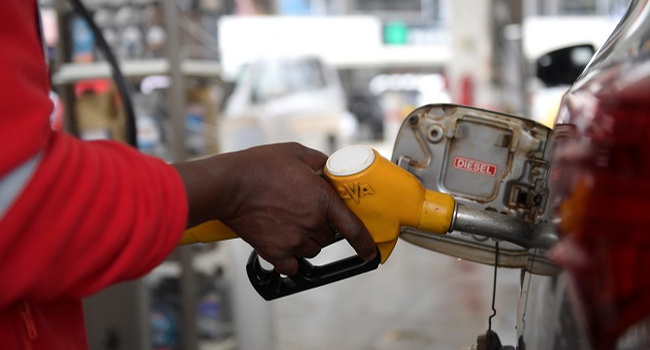
The United States has carried out another strike against what it described as a Venezuelan drug-smuggling vessel, killing six people in the Caribbean Sea, U.S. Defence Secretary Pete Hegseth announced Friday.
The overnight attack marks the tenth U.S. strike on alleged narcotics traffickers in the Caribbean and eastern Pacific since early September — operations that have reportedly left at least 43 people dead, according to an AFP tally based on U.S. government data.
Nighttime Strike Targets ‘Narco-Terrorists’
In a post on X (formerly Twitter), Hegseth shared an image showing a stationary boat with outboard engines moments before it was engulfed in an explosion.
“Six male narco-terrorists were aboard the vessel during the strike, which was conducted in international waters — and was the first strike at night,” Hegseth said.
“All six terrorists were killed,” he added, warning that Washington would pursue traffickers with the same resolve it uses against global militant groups.
“If you are a narco-terrorist smuggling drugs in our hemisphere, we will treat you like we treat Al-Qaeda. Day or night, we will map your networks, track your people, hunt you down, and kill you.”
Controversy Over Legality and Evidence
The U.S. military campaign, launched in September, has involved stealth aircraft, naval destroyers, and surveillance drones targeting small boats allegedly linked to drug cartels. However, Washington has yet to present verifiable evidence that the vessels destroyed were indeed carrying narcotics.
The United Nations Human Rights Office voiced concern over the legality of the strikes.
“Under international human rights law, the intentional use of lethal force is only permissible as a last resort against someone posing an imminent threat to life,” said Marta Hurtado Gomez, a UN rights office spokeswoman. “Otherwise, it would constitute a violation of the right to life. Generally speaking, no one should be killed for drug-related offenses.”
Rising Tensions With Venezuela
The U.S. campaign has heightened tensions across the region. Venezuela has accused Washington of using counter-narcotics operations as cover for a regime-change plot against President Nicolás Maduro.
Earlier this week, Maduro claimed Venezuela possesses 5,000 Russian-made surface-to-air missiles capable of countering potential U.S. air attacks.
Flight-tracking data showed at least one U.S. B-1B bomber flying over the Caribbean near Venezuela’s coast on Thursday, following a previous show of force by multiple B-52 bombers in the area last week.
As Washington’s campaign expands, regional analysts warn that the blurred line between counter-narcotics enforcement and military action risks inflaming already fragile U.S.-Latin American relations.


